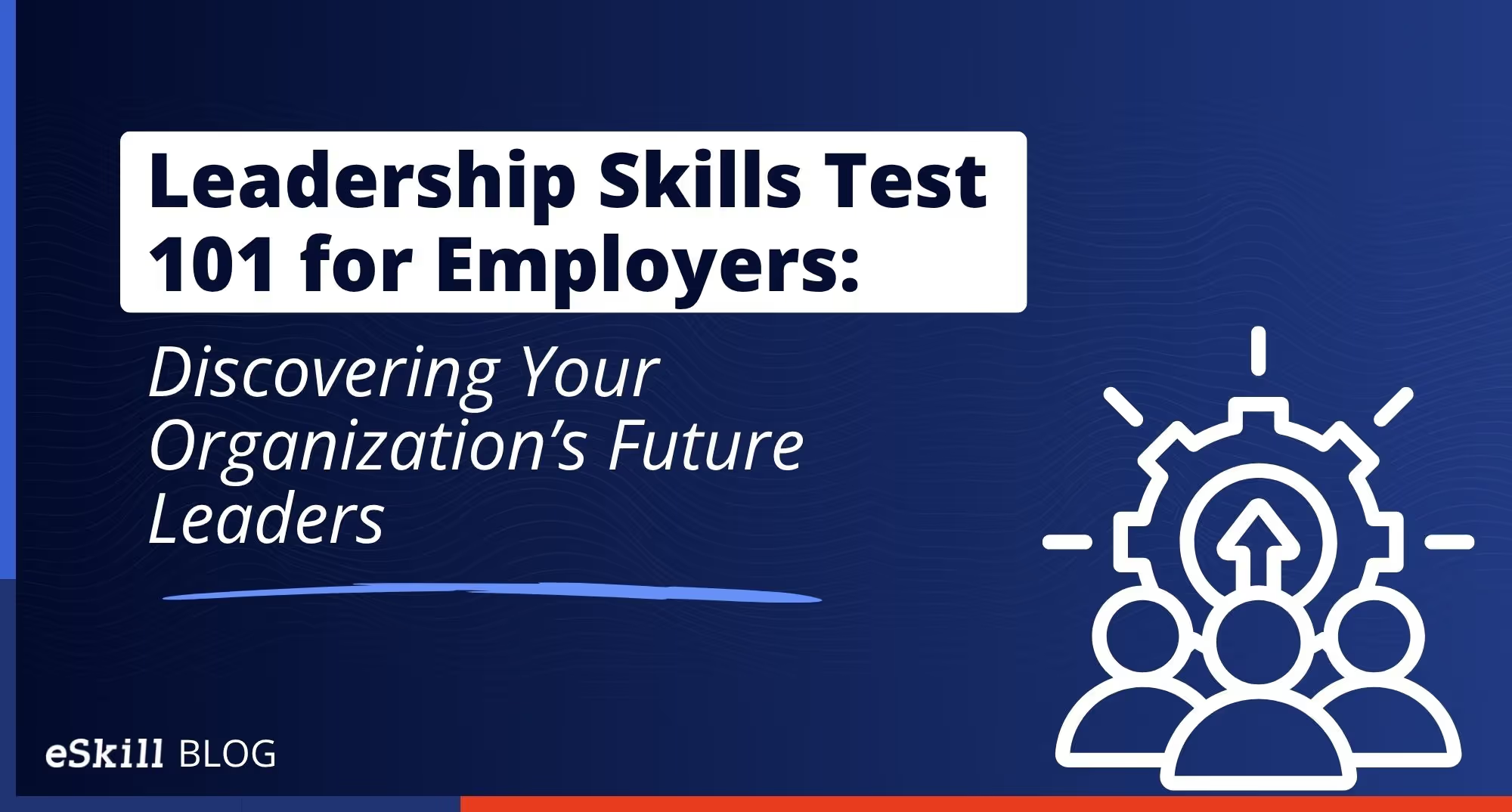Managing a skilled workforce takes a special type of mindset. In today’s workplace, many managers of software engineers don’t have the same level of experience or knowledge as the people they are managing. In order to keep employee turnover low and morale high, you need to provide a certain level of leadership to carry the team to the next level.
Leading a team in this type of scenario can be challenging for those who don’t have the right kind of soft skills. It’s not so much the years of experience as the type of experience you’ve gained that counts. Some leadership skills are harder to come by and more valuable in these situations. Here is a list of skills an effective manager should have, especially if you don’t have the same type of skills or experience as your team members .
Have Passion: Having passion for the project and the organization you work for will make you a more effective leader and it will spill over to those you manage. Let your employees know how important their work is to the project, and how it will affect the overall health of the company.
Support Growth: You don’t have to be a senior software engineer with 20+ years of experience to know that everyone in an organization needs growth opportunities. Letting employees attend a conference that will help them network and grow or providing in-house training for your entire team will help develop team morale. Strong leaders ask their employees, “What can our company do to help you grow and achieve your goals?” And companies benefit from these investments.
Be Calm in a Storm: Show your employees that in a time of crisis you’re able to keep calm and carry on. When your department shrinks or employees leave, make sure to keep a level head and reassure your remaining team members. Then, follow up on your promise and work with other departments to get the staffing you need. If massive layoffs happen and your employees are affected, do everything you can to bolster morale. It can be hard, but being there for your employees and offering support in a crisis counts, and will be remembered.
No matter what level of experience a manager has, taking responsibility for leading the team while respecting each person’s area of expertise will create a solid foundation for team productivity. If you keep these three characteristics in mind, you’ll be able to manage employees who have decades of experience. A good manager doesn’t need technical knowledge as much as people skills in order to manage effectively.

Get ademo.






